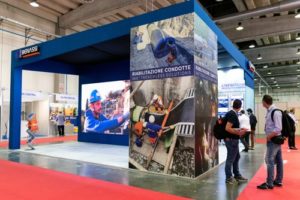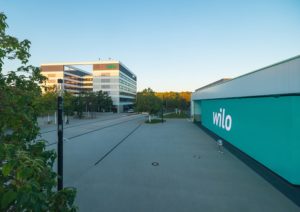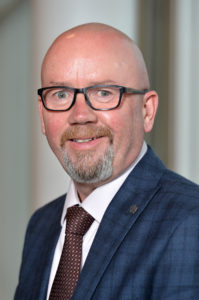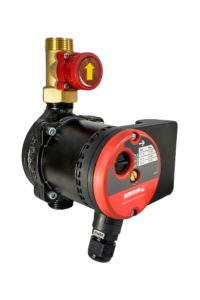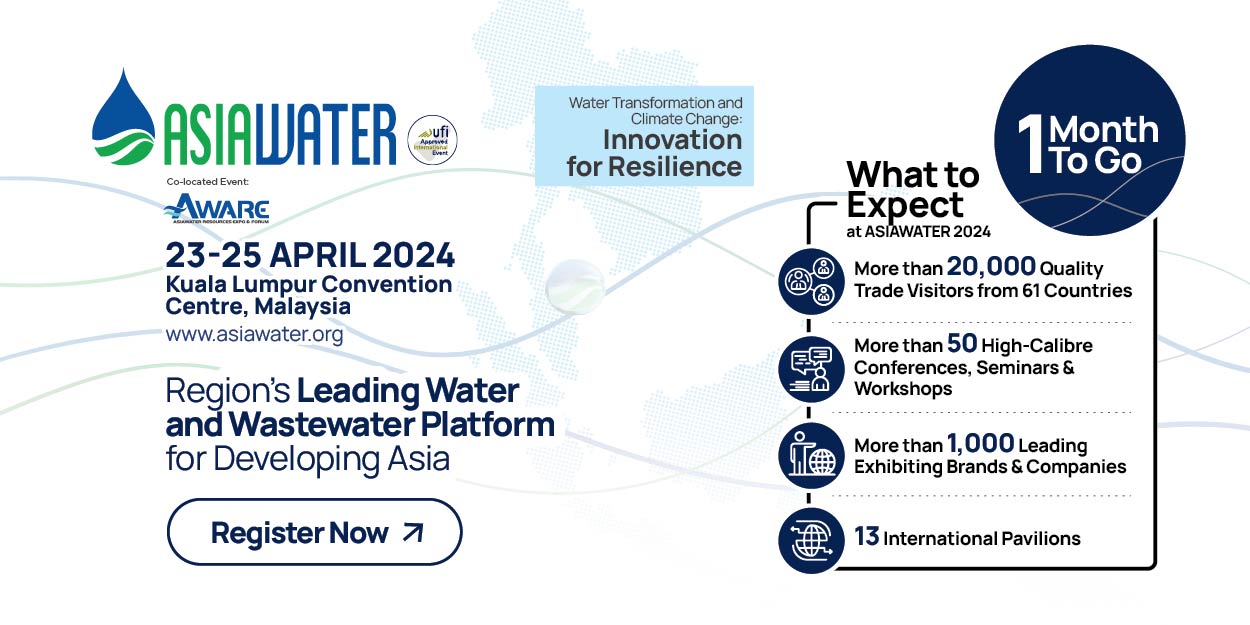Wilo Delivered Smart Pumps for Borussia Dortmund’s Football Temple in Germany
“An atmosphere that only a true football arena can achieve”. This is how the Signal Iduna Park was described on 2 April 1974 on its christening with a friendly match against FC Schalke 04. Since the third expansion stage was completed, the Dortmund stadium is among the largest stadiums in Europe. For its smooth operation, the sports venue in the Ruhr area relies on the smart pump technology provided by the Wilo-Stratos Maxo.
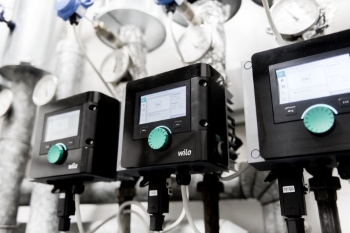
Wilo Delivered Smart Pumps for Borussia Dortmund’s Football Temple in Germany (Image: Wilo SE)
At 62 metres high, the eight yellow floodlight towers on the Signal Iduna Park are a distinctive feature of the Dortmund skyline. With space for 81,365 fans, Dortmund’s stadium is the biggest in Germany - the legendary south stand, known as the “Yellow Wall”, is Europe’s largest standing-only terrace.
If you had told the people of Dortmund fans over fifty years ago about a venue on this scale with a glass facade and undersoil heating you probably would have caused nothing but a disbelieving head shaking. Today, the modern stadium on Strobelallee has long since become a reality. Borussia Dortmund and the venue also recognise their environmental responsibility: “In times of increasingly scarce resources and increasing environmental pollution, it is of course essential for us to take up and deal with ecological consequences as well”, states Carsten Cramer, BVB-CEO. “We consider responsible energy use and the associated reduction of harmful emissions to be our fundamental and essential economic goals. This includes increasing energy efficiency.”
The challenge: reliability and performance cannot be allowed to suffer under the efficiency guidelines. In terms of water supply and disposal in general, football stadiums have a very heterogeneous performance profile. During the game water use drops significantly, however, it increases dramatically at half-time, not least because of the heavy use of sanitary facilities at this point.
For many years the home of Borussia Dortmund has counted on the energy efficient, reliable and high-performance products of Dortmund technology company Wilo. From the water supply for the VIP areas, to the changing room heating and the undersoil heating system: Wilo product solutions create a green environment. Since 2019, new Wilo-Stratos Maxo models have been providing the supply for the south stand.
The “La Scala of German football”
The history of the stadium begins in the mid 1960s when the decision was made to build a second stadium alongside the outdated “Rote Erde” arena in time for the 1974 football World Cup.
Just in time for the 76th Ruhr derby in 1974, everything was ready: the stadium, then known as the Westfalenstadion, opened its doors to 54,000 standing spectators for the friendly match featuring home team Borussia Dortmund against FC Schalke 04. Until the start of the 1990s the Dortmund venue remained largely in its original condition.
A total of three expansion stages have turned the Signal Iduna Park into the “La Scala of German football” - through the proximity to the pitch, the acoustics and the unique enthusiasm of the black and yellow football fans. Even the home of football acknowledges its character: the well-known English newspaper The Times named the Signal Iduna Park as the world’s best stadium thanks to its atmosphere and facilities.
Source: WILO SE

